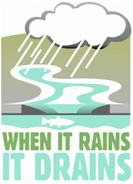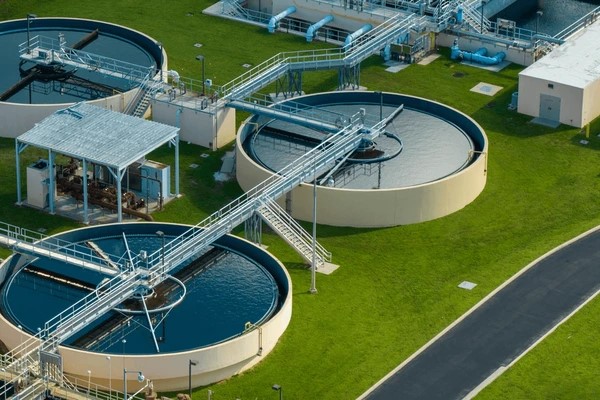Where to Apply
Effective June 1, 2021, the Town of Moncks Corner located in Berkeley County will begin implementation of the South Carolina Stormwater Management and Sediment Reduction Program for land disturbance activities. The Town of Moncks Corner has received delegation under S.C. Regulation 72-300 to develop, implement, and enforce a program that includes the plan review and approval/disapproval, site inspection, and enforcement components. In addition to the minimum standards and criteria of S.C.



 Stormwater runoff occurs when precipitation from rain or snowmelt flows over the ground. Impervious surfaces like driveways, sidewalks, and streets prevent stormwater from naturally soaking into the ground.
Stormwater runoff occurs when precipitation from rain or snowmelt flows over the ground. Impervious surfaces like driveways, sidewalks, and streets prevent stormwater from naturally soaking into the ground. Water Pollution Compliance & Enforcement oversees the compliance and enforcement of all permit requirements, conditions, and limitations contained within the NPDES & Land Application permits as well as Dams and Reservoirs regulations.
Water Pollution Compliance & Enforcement oversees the compliance and enforcement of all permit requirements, conditions, and limitations contained within the NPDES & Land Application permits as well as Dams and Reservoirs regulations.